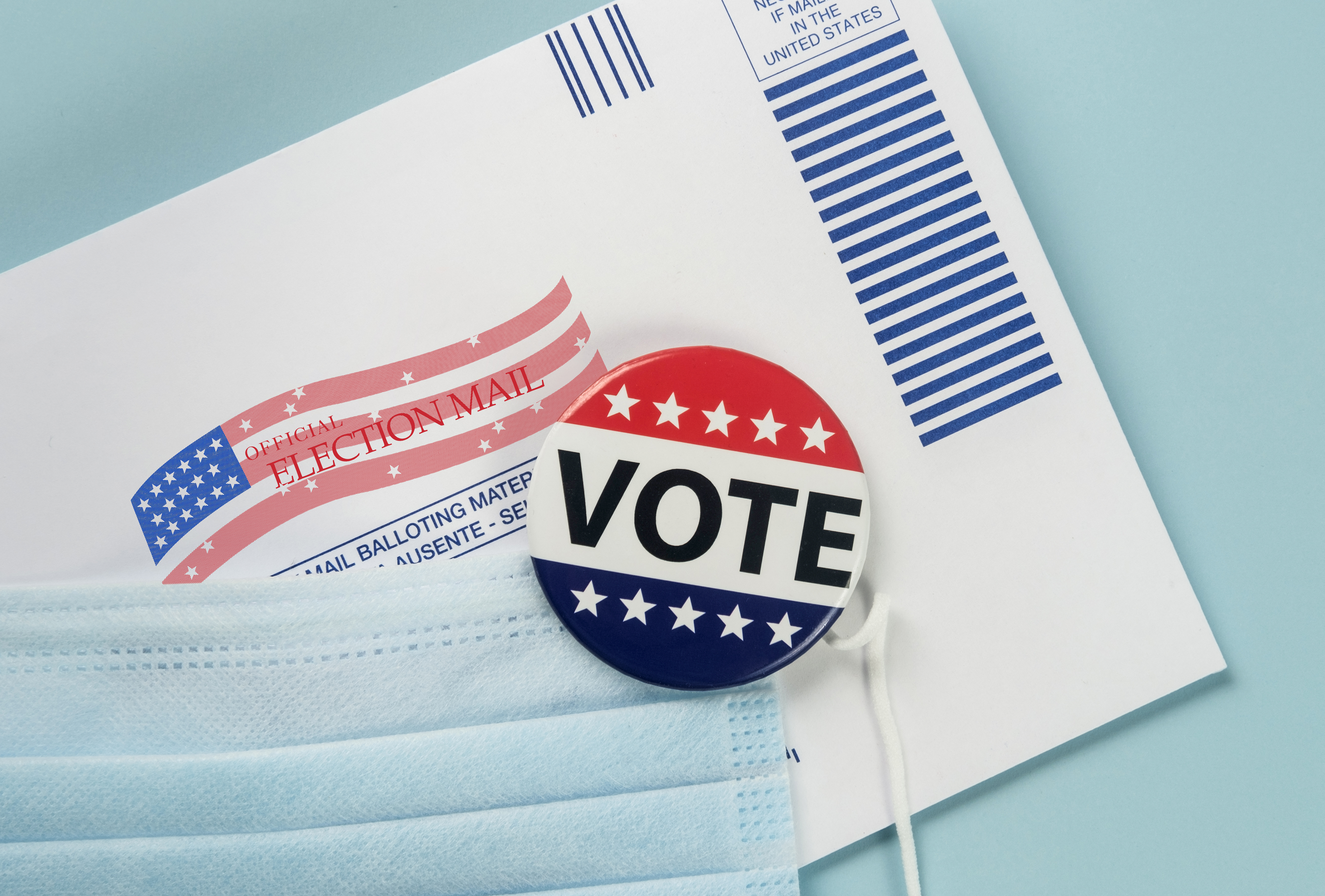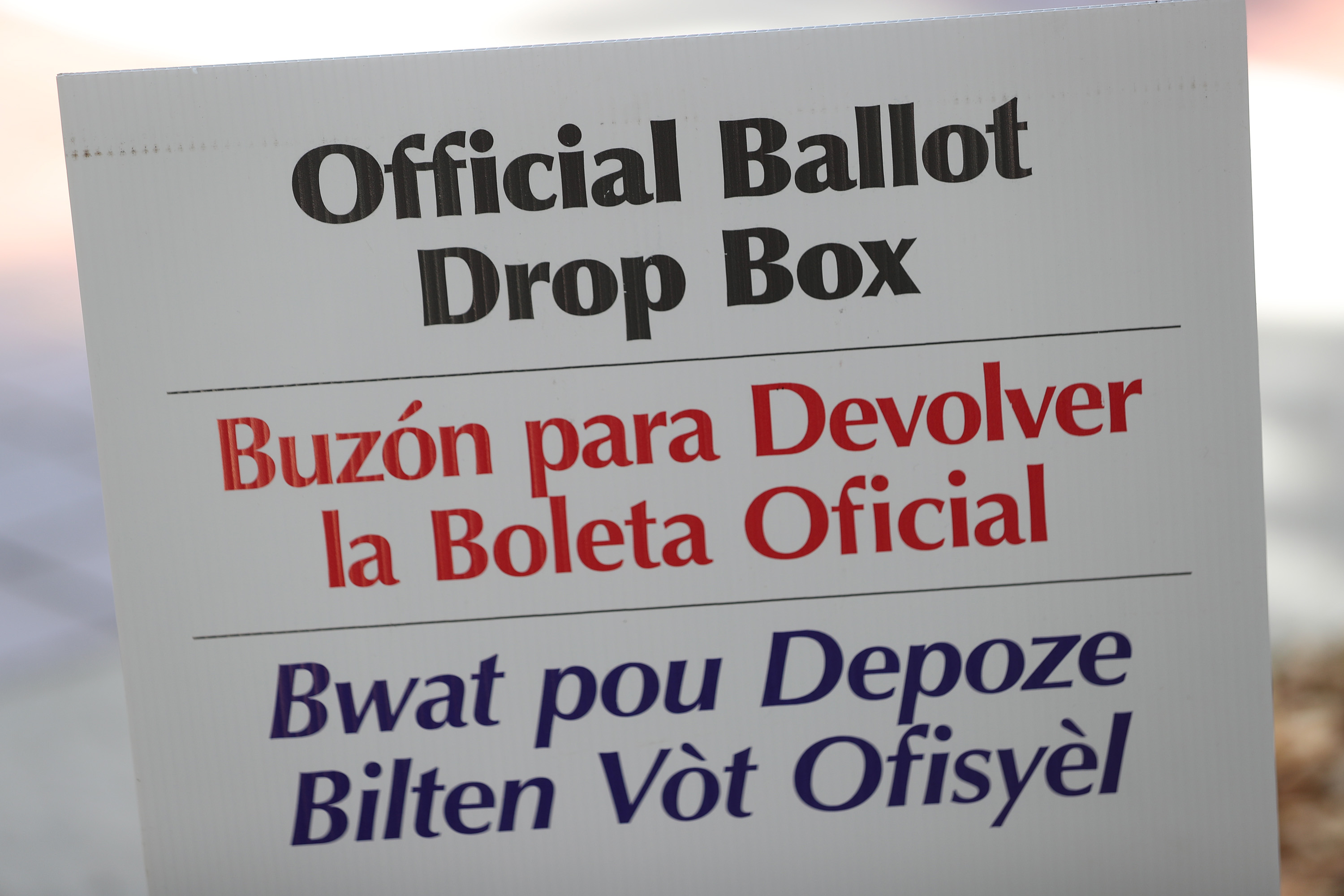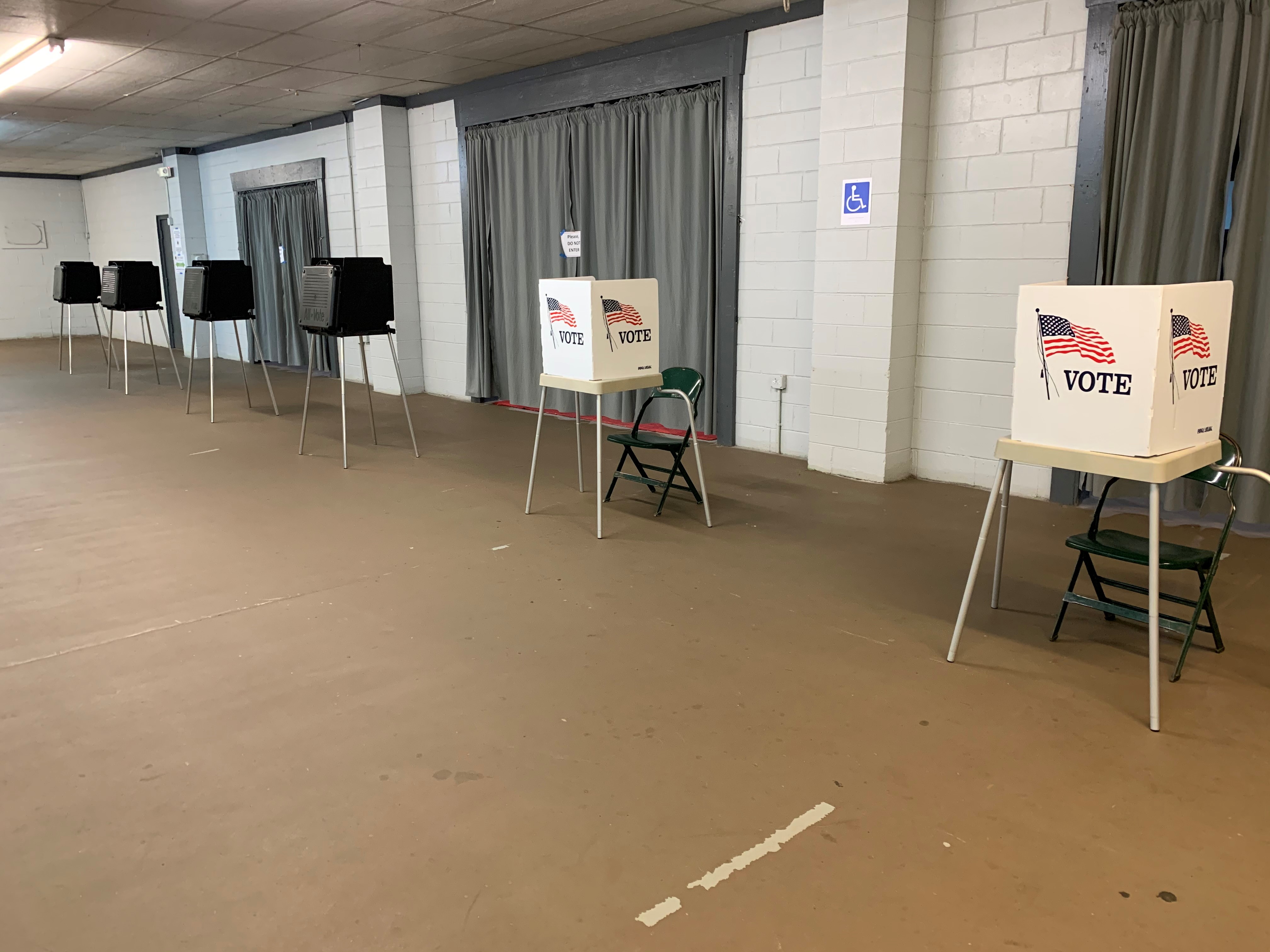
Illinois’ 1st and 2nd Congressional Districts aren’t races to watch because they will be close or even contentious – far from it. Both districts, encompassing portions of Chicago’s South Side as well as the south and southwest suburbs, are Democratic strongholds that are virtually guaranteed to send incumbent Reps. Bobby Rush and Robin Kelly, respectively, back to Washington.
But these races should be on your radar because Rush’s and Kelly’s Republican challengers have both promoted QAnon, the baseless and dangerous conspiracy theory alleging without evidence that President Donald Trump is secretly battling a cabal of Satan-worshipping pedophiles who control government, the media and Hollywood while running a global child sex-trafficking ring and drinking the blood of children.
Running against Rush is Philanise White, who worked for Ben Carson’s campaign for president, followed by Trump’s campaign in 2016, and most recently served as the Republican committeeman for Chicago’s 7th Ward through earlier this year, according to her website.
In 2019, she twice tweeted the hashtag #WWG1WGA, which stands for the QAnon motto “Where we go one, we go all.” She ran for the Republican nomination unopposed and was endorsed by the Illinois Fraternal Order of Police, according to a letter from the union that she posted on Twitter.
When asked if she believes in the theories promoted by QAnon supporters, a spokesman for White’s campaign deflected.
“Why the interest in Q and/or QAnon over Blacks supporting President Trump? Team Philanise reserves the right to answer inquiries that focus on the issues raised by the constituents and voters of IL01. Q/QAnon has never come up as a concern of the constituents, but supporting a Black Republican female from Chicago is. Let's focus on that instead,” her campaign said in an emailed statement, declining to answer follow-up questions or comment further.
Challenging Kelly is Theresa Raborn, who was also uncontested in her GOP primary.
She’s posted information on multiple conspiracy theories on social media, including a retweet of a video posted by Gen. Michael Flynn, a figure who looms large in QAnon discussions. In the video, Trump’s disgraced former national security adviser recites an oath of office then repeats the “Where we go one, we go all” catchphrase, hashtagging the tweet #TakeTheOath. Those elements of the tweet are in line with social media posts from many QAnon supporters and appear to allude to a “Q” post about taking an oath. Raborn shared the video in her own tweet, congratulating him and using the hashtag #WWG1WGA. She later told The Washington Post that Flynn’s video offered legitimacy to QAnon.
“He’s a highly respected general and has been for decades, and he is very close to President Trump,” she told the Post. “So I don’t think he would do that for a conspiracy theory, or at least logically that’s where I’m at. I don’t know if he has information about whether it’s a conspiracy theory or whether it’s real, but it seemed to give a lot of validity to people who support me who also happen to follow Q.”
When reached for comment, Raborn said she shared the video because she “found it patriotic, especially since it was from a highly respected general," noted that she does not have time to research QAnon and that she believed she has been misinterpreted on the topic.
“I do not know much about QAnon, only what I overhear others say. I am a homeschooling mom and a Congressional nominee. That does not lend much time to researching QAnon,” Raborn said in an emailed statement, adding, “Since I do not know much about it, I do not feel comfortable formulating an opinion – one way or the other – regarding QAnon. I have stated this to numerous reporters. Then they print whatever they want and misquote me.”
When asked why she had not researched QAnon, even after receiving multiple media inquiries, Raborn said she would “devote more time” to it if it becomes a “bigger threat” and pivoted to bring up antifa, the term commonly used to describe a loose movement of activists motivated by an anti-fascist ideology, claiming without evidence that antifa "demands absolute loyalty... or suffer violent attacks."
Raborn has also promoted hydroxychloroquine as a treatment for COVID-19 multiple times on social media, despite the FDA warning against its use, and has posted conspiracy theories about racial justice protests, Jeffrey Epstein and more.
QAnon gets its name from an anonymous 4chan account known as “Q” that in 2017, began posting on the message board site what followers saw as “clues” about the imaginary war, claiming to be a high-level government official with access to classified information. The account has made several predictions that did not come to fruition or have been proven false, and many followers believe a day of reckoning is coming that promises mass arrests of powerful people, a military takeover and vindication for believers of the baseless theory.
The fringe theory has quickly expanded across other online and social media networks, evolving and growing its following as it made its way from the depths of far-right message boards onto more mainstream platforms – with followers attaching onto other issues (spreading disinformation about the coronavirus pandemic in recent months, for example), drawing in new supporters and attempting to legitimize their message. Believers have also flooded social media with falsehoods smearing companies, celebrities and more in targeted harassment campaigns.
Avowed QAnon supporters have been linked to or charged with multiple violent incidents or crimes in recent years. In 2018, a Nevada man was arrested and charged after driving an armored truck with multiple weapons and hundreds of rounds of ammunition onto a bridge near the Hoover Dam, shutting down traffic for over an hour in a standoff with law enforcement as he made a demand well-known to QAnon followers.
In 2019, authorities say a New York man killed an alleged mafia boss that he believed was part of the “deep state,” shooting him 10 times with QAnon symbols and “MAGA forever” written on his hand. Earlier this year, an Illinois woman who posted frequently about QAnon on Facebook wrote a threatening message directed at Joe Biden, Hillary Clinton and others and was later arrested after driving to New York with a car full of knives, live-streaming part of her trip as she discussed conspiracy theories.
In a 2019 declassified memo, the FBI identified QAnon as a “fringe political conspiracy theory” that presents a growing domestic terrorism threat as it spreads, enabled by the internet. Conspiracy theories of that nature are “very likely to motivate some domestic extremists to commit criminal, sometimes violent activity” and “very likely encourage the targeting of specific people, places and organizations, thereby increasing the risk of extremist violence against such targets,” the memo reads.
Facebook, Twitter and TikTok have recently begun deleting groups, banning accounts, blocking hashtags and taken other actions in an effort to slow QAnon’s spread on their platforms. But some experts warn that those moves came too late, as the conspiracy theory has spread unchecked for years (accelerating during the pandemic), reaching millions of people and places like the president’s Twitter feed and the White House, where Trump said of QAnon supporters in August, “I’ve heard these are people that love our country.”
Now, some supporters are looking to gain a foothold in government, with at least 81 current or former congressional candidates campaigning this year, according to a tally by Media Matters. At least 25 of those candidates are set to appear on general election ballots across the country this November – including the two running in Illinois.
Rush won reelection in 2018 with more than 73% of the vote against both a Republican and an Independent challenger. Kelly beat her Republican opponent in 2018 by more than 60 points. Both are all but certain to win in November, but several questions remain.
Do Raborn and White believe in the conspiracy theories that QAnon supporters espouse? Even as they are poised to lose, how far will QAnon continue to reach? And will the Republican Party distance itself from the two candidates?
When asked about these two races, a spokesman for the Illinois Republican Party said simply, “No we do not support QAnon” but did not respond to request for comment on whether the party supports Raborn or White.
Perhaps the biggest question that remains: just how many people in these districts will cast their ballots for candidates who’ve promoted a dangerous and unfounded conspiracy theory that the FBI says poses a domestic terror threat?




